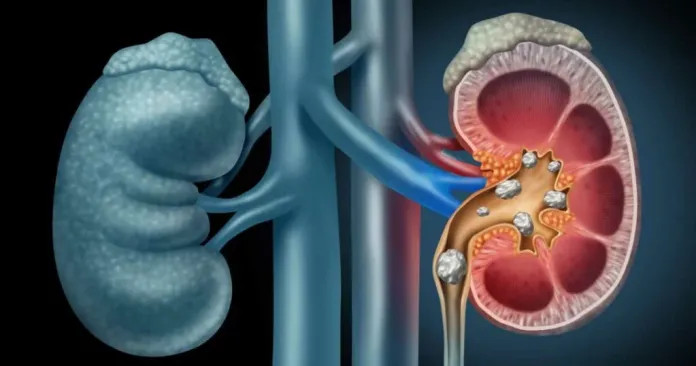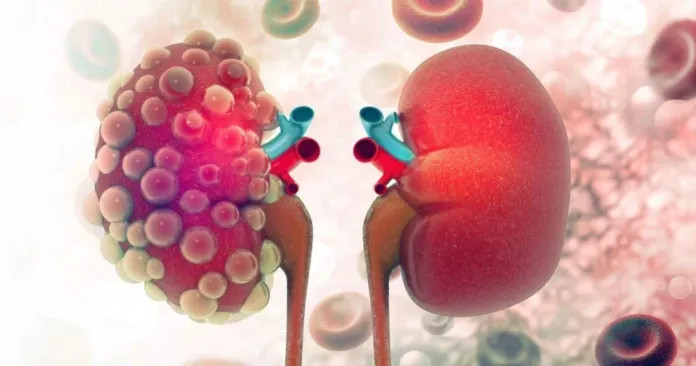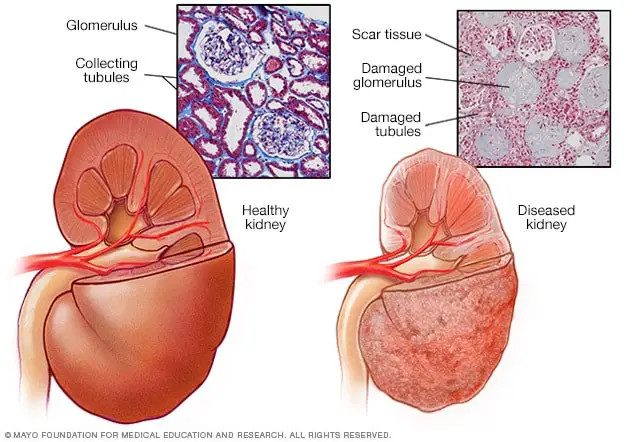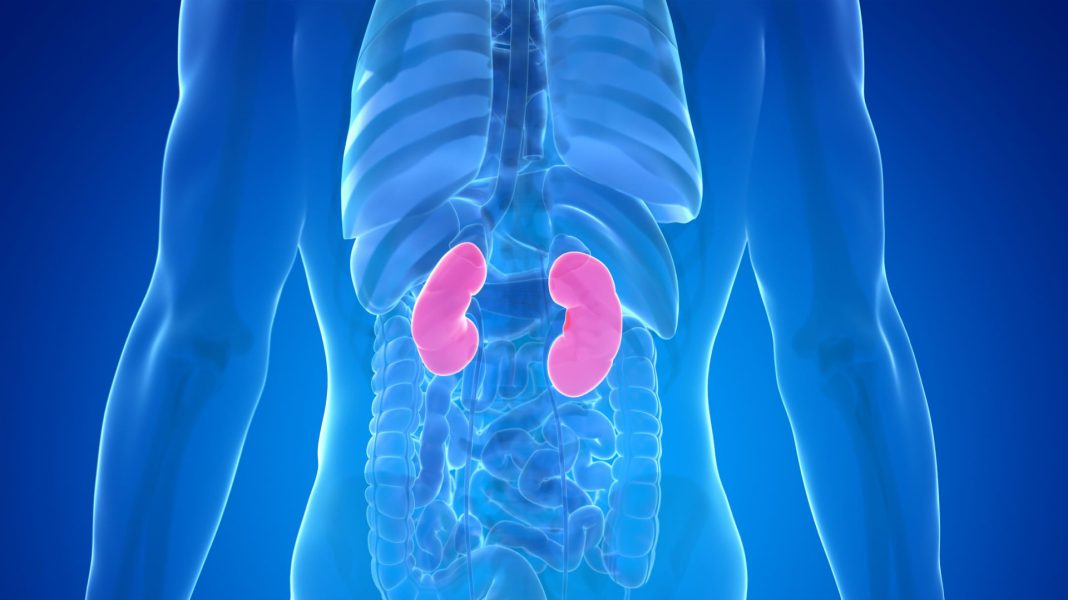The Importance of Kidney Health: Recognizing the Warning Signs of Kidney Disease
Kidney disease is often referred to as a silent killer, quietly wreaking havoc on one’s health without the overt signs that many other conditions might present. Understanding the critical role kidneys play in our bodies and recognizing the early warning signs of kidney distress can be pivotal in maintaining overall health and well-being. The kidneys are essential organs that perform a multitude of functions, including filtering blood, balancing electrolytes, and regulating blood pressure. When these organs falter, the results can be devastating and lead to serious health complications, including cardiovascular disease, bone-related disorders, and even death.
Understanding Kidney Function
Located symmetrically on either side of the spine, just below the ribcage, the kidneys are bean-shaped organs responsible for filtering approximately 120 to 150 quarts of blood daily. This complex filtering process eliminates waste products and excess substances, producing about 1 to 2 quarts of urine in the process. Beyond waste elimination, the kidneys also produce hormones that stimulate red blood cell production and maintain bone health, showcasing their integral role in bodily functions. For instance, the hormone erythropoietin, which helps the body create new red blood cells, is produced in response to low oxygen levels detected by the kidneys. Additionally, kidneys regulate electrolyte levels, which are crucial for muscle function and maintaining hydration status.

Causes and Risks of Kidney Disease
Kidney disease can arise from several factors, including chronic conditions such as high blood pressure and diabetes. These ailments create conditions where the kidneys must work harder, leading to gradual damage over time. Other causes include infections, autoimmune disorders, genetic predispositions, and prolonged use of specific medications that can be nephrotoxic. According to the National Kidney Foundation, nearly 37 million adults in the United States are estimated to have chronic kidney disease (CKD), and many remain unaware of their condition. When the kidneys begin to lose their effectiveness, the condition can escalate to kidney failure, necessitating interventions like dialysis or kidney transplantation. Recognizing the early warning signs is crucial, as timely intervention can prevent further deterioration and preserve kidney function.
Early Warning Signs of Kidney Trouble
Being aware of the changes in your body can be instrumental in catching kidney issues early. Here are some critical warning signs to monitor: 1. Changes in Urination: One of the first indicators of kidney trouble often manifests as alterations in urinary patterns. This may include:

- Increased frequency of urination, especially during nighttime, known as nocturia.
- Reduced urine output, which may indicate severe kidney dysfunction.
- Foamy or bubbly urine, which could indicate the presence of protein leaking into the urine, a condition known as proteinuria.

2. Chronic Fatigue: The kidneys produce a hormone called erythropoietin, which plays a vital role in red blood cell production. A decline in kidney function can lead to anemia, resulting in persistent fatigue, weakness, and difficulty concentrating. Many individuals may not connect low energy levels with kidney issues, leading to delayed diagnosis. 3. Edema or Swelling: Due to impaired kidney function, fluid can accumulate in various parts of the body, leading to noticeable swelling in the legs, hands, face, and abdomen. This accumulation occurs because the kidneys are unable to eliminate excess fluid effectively, causing discomfort and other complications. 4. Back Pain: Severe or persistent pain below the ribcage may indicate kidney stones or untreated urinary tract infections (UTIs). This discomfort should not be overlooked, as timely medical intervention can prevent further complications. 5. Unexplained Weight Loss: Individuals with kidney disease often experience a loss of appetite and unintended weight loss, primarily due to the buildup of waste in the bloodstream, which can create a sensation of fullness even after limited food intake. This can also lead to malnutrition, making it essential to address dietary needs. 6. Nausea and Vomiting: Waste products accumulating in the blood can lead to feelings of nausea and can even induce vomiting, particularly after eating or in the morning. This can significantly impact an individual’s quality of life and may lead to further complications. 7. Sleep Disturbances: Kidney disease can disrupt sleep patterns, often resulting in nighttime muscle cramps, restless leg syndrome, or frequent urination that interrupts sleep. 8. Altered Taste Sensations: A persistent metallic taste in the mouth can stem from uremia, a condition resulting from high levels of urea in the blood due to kidney dysfunction. This can lead to aversions to certain foods, affecting overall nutrition. 9. Muscle Cramps: Electrolyte imbalances, particularly low calcium or elevated phosphorus, can lead to painful muscle cramps and twitching, which can further disrupt daily activities. 10. Itchy Skin: Toxins that accumulate in the body due to reduced kidney function can cause intense itching, a troubling side effect for many patients. This can lead to skin infections and further health issues.
Proactive Measures for Kidney Health
Preventing kidney disease or managing its progression requires a proactive approach. Here are some essential tips to maintain kidney health:
When to Seek Medical Attention
It is imperative to act swiftly if you notice any of the aforementioned warning signs. Scheduling a comprehensive evaluation with your healthcare provider can help determine the state of your kidney health. This evaluation may include blood tests, urine tests, and imaging studies to assess kidney functionality. Early detection is key; research shows that timely diagnosis and treatment can slow the progression of kidney disease and improve outcomes. In summary, recognizing the early warning signs of kidney disease can be a life-saving measure. Staying vigilant, maintaining a healthy lifestyle, and seeking timely medical intervention are essential components of preserving kidney health. Your kidneys perform vital functions that are integral to your overall well-being; therefore, listen to your body and take action if you sense something is amiss. Sharing this information with family and friends can also help raise awareness about kidney health. Together, we can promote better understanding and early detection of kidney-related issues. Remember, when it comes to your health, being proactive is key. Understanding the warning signs and implementing preventive measures can lead to healthier kidneys and ultimately a better quality of life.

















